05-384
Przeciwciało anty-α-aktynina, klon AT6/172
clone AT6/172, Upstate®, from mouse
Synonim(y):
Anty-BDPLT15
About This Item
Polecane produkty
pochodzenie biologiczne
mouse
Poziom jakości
forma przeciwciała
purified immunoglobulin
rodzaj przeciwciała
primary antibodies
klon
AT6/172, monoclonal
reaktywność gatunkowa
rabbit, human, mouse
producent / nazwa handlowa
Upstate®
metody
immunocytochemistry: suitable
western blot: suitable
izotyp
IgG1
numer dostępu NCBI
numer dostępu UniProt
Warunki transportu
dry ice
docelowa modyfikacja potranslacyjna
unmodified
informacje o genach
human ... ACTN1(87)
Specyficzność
Immunogen
Zastosowanie
Struktura komórki
Cytoszkielet
Jakość
Opis wartości docelowych
Postać fizyczna
Przechowywanie i stabilność
Komentarz do analizy
Pozytywna kontrola antygenu: Katalog #12-301, niestymulowany lizat komórek A431. Dodać 2,5 µl 2-merkaptoetanolu/100 µl lizatu i gotować przez 5 minut w celu zredukowania preparatu. Załadować 20 µg zredukowanego lizatu na pas do minigelów.
Informacje prawne
Oświadczenie o zrzeczeniu się odpowiedzialności
Nie możesz znaleźć właściwego produktu?
Wypróbuj nasz Narzędzie selektora produktów.
Kod klasy składowania
12 - Non Combustible Liquids
Klasa zagrożenia wodnego (WGK)
WGK 2
Temperatura zapłonu (°F)
Not applicable
Temperatura zapłonu (°C)
Not applicable
Certyfikaty analizy (CoA)
Poszukaj Certyfikaty analizy (CoA), wpisując numer partii/serii produktów. Numery serii i partii można znaleźć na etykiecie produktu po słowach „seria” lub „partia”.
Masz już ten produkt?
Dokumenty związane z niedawno zakupionymi produktami zostały zamieszczone w Bibliotece dokumentów.
Nasz zespół naukowców ma doświadczenie we wszystkich obszarach badań, w tym w naukach przyrodniczych, materiałoznawstwie, syntezie chemicznej, chromatografii, analityce i wielu innych dziedzinach.
Skontaktuj się z zespołem ds. pomocy technicznej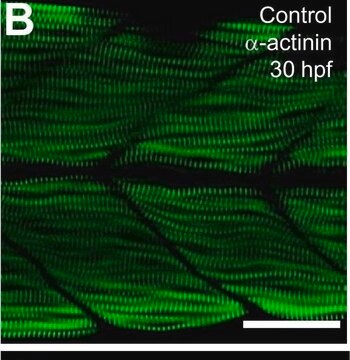
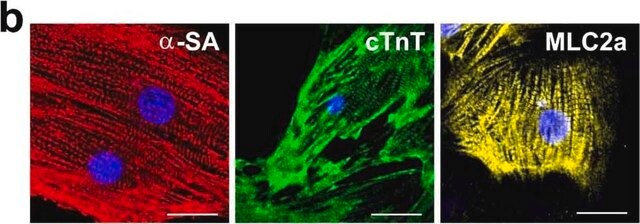
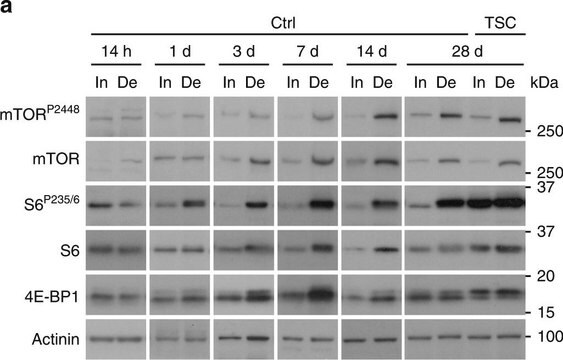

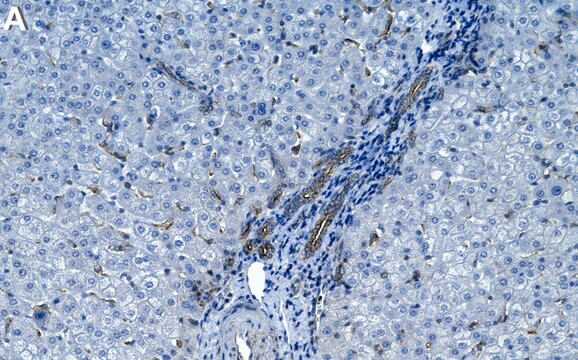

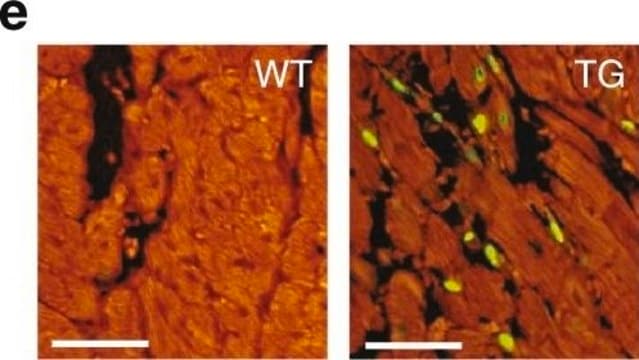

![E-64 N-[N-(L-3-Trans-carboxirane-2-carbonyl)-L-leucyl]-agmatine](/deepweb/assets/sigmaaldrich/product/structures/168/240/c77e3f6a-6709-4d17-b774-b850e8a54a51/640/c77e3f6a-6709-4d17-b774-b850e8a54a51.png)